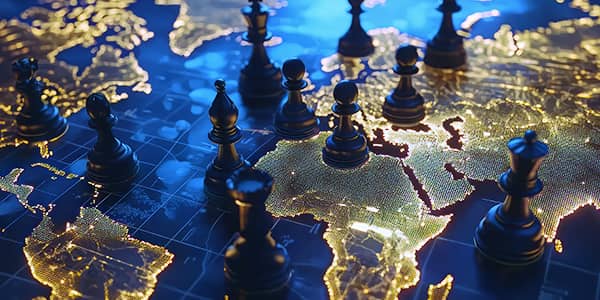By Muhammad Musa Khan
Once upon a time, politics in Bangladesh inspired genuine enthusiasm among the people. During elections, both villages and cities buzzed with rallies, meetings, and discussions. Before the 1980s, the political stage was dominated by true politicians — individuals driven by ideology, service, and integrity. Members of Parliament were chosen based on merit and public trust.
However, from the Ershad era onward, politics gradually fell into the grip of businessmen and godfathers of terror — a trend that persisted until 2024. Elections became games of muscle and money, controlled by motorbikes and goons. Politics turned into a money-making machine. Most political leaders, MPs, and ministers were mired in corruption, and politics became dependent on black money and organized crime.
Political activists wielded unholy power, transforming themselves into local godfathers whose gestures could determine the fate of entire areas. Government officials — from UNOs to police officers, engineers, and accountants — were forced to act according to the whims of these so-called leaders. Politics became synonymous with power, dominance, and intimidation. Newspapers repeatedly reported incidents where MPs or ministers humiliated public officials.
From the 1980s through to the mass uprising of 2024, corruption and criminal influence defined the political scene. Figures such as yaba kingpin Bodi, cement adulterator Haji Selim, money-laundering kingpin Saifuzzaman Javed, southern godfather Sheikh Helal, casino lord Ismail Hossain Chowdhury Samrat, terrorist Joseph (brother of former Army Chief Aziz), gangster Pichchi Hannan, notorious Subrata Bain, and extortionist transport leader Shahjahan Khan — all controlled the country under the banner of politics.
Politicians ran toll operations in markets, sand quarries, ferry ghats, transport terminals, bridges, and even sacrificial cattle markets and television station canteens. Bangladesh’s transport-sector extortion became one of the highest in the world. Universities were dominated by ruling-party student fronts — places where even a brilliant student like Abrar was brutally murdered under political influence.
The economy suffered too. Due to massive capital flight and corruption, the dollar jumped from Tk 87 to Tk 110–120 overnight. Many businessmen-turned-politicians looted banks with impunity. Studies revealed that 70–80% of ruling party leaders were engaged in economic crimes. Parliament had been reduced to a rich men’s club — a place where MPs spent more time chasing tenders than drafting laws. A new proverb emerged: “In the past, rich men joined politics to serve and became poor; now, the poor join politics to become rich.”
As a result, ordinary and educated citizens grew disillusioned with politics. “I hate politics” became a common social media slogan.
Yet politics was never meant to be so rotten. Its true purpose — as envisioned since ancient Greece — was to organize the state in an orderly way and ensure citizens’ welfare. Aristotle, the father of Political Science, said:
“The aim of politics is to determine, based on constitutions, what makes a good government and what makes a bad one — and to identify the causes that support or destroy them.”
For Aristotle, politics meant decision-making through dialogue and logic, not violence. Unfortunately, today’s politics is deeply entangled with violence.
English political philosopher John Locke (1632–1704) argued that every human being has natural rights to life, liberty, and property — and that if a government fails to protect these rights, the people have the right to overthrow it. According to him, the main goal of politics is to ensure accountable governance and popular sovereignty.
Similarly, Abraham Lincoln — the father of modern democracy — defined politics as:
“Government of the people, by the people, and for the people.”
Many modern political thinkers, however, have offered more realistic views. German-American scholar Hans Morgenthau (1904–1980), in his seminal work Politics Among Nations: The Struggle for Power and Peace (1949), described politics as a perpetual struggle for power driven by human selfishness and ambition.
Niccolò Machiavelli, the founder of modern political thought and realpolitik, wrote in The Prince that a ruler must act according to reality, not ideals. For him, maintaining state stability was more important than morality. He advised rulers to inspire fear rather than love, since “people may forget love, but never fear.” Machiavelli said a ruler must be as cunning as a fox and as strong as a lion — and he separated politics from religion. Many believe that modern autocrats follow his philosophy. Even Bangladesh’s exiled ruler Sheikh Hasina was rumored to be one of them.
Voltaire cynically asked,
“Is politics nothing other than the art of deliberately lying?”
Despite such disagreements, most political philosophers agree on one point:
Politics must serve the greater good of the nation. It must never become a tool for personal enrichment or corruption.
In no civilized country is politics considered a means of making money. Only in the developing world — and especially in Bangladesh — has politics been so perverted. Healthy politics is essential for strengthening democracy. Differences of opinion and ideology are natural, but political revenge and vindictiveness should not persist indefinitely. However, criminals in politics must be held accountable.
No criminal should go unpunished. That is the essence of the rule of law. Those who try to restrain the law’s reach are enemies of the nation and the people.
Only the practice of clean politics can nurture the rule of law and democracy.
Since the mass uprising of August 5, the people’s expectations are at their peak. Citizens hope for a fundamental transformation of the political landscape — where parties work for the welfare of the nation, not for corruption and self-interest. Corrupt politicians will no longer dare to loot again, and people-oriented leaders will return to the political field.
After 16 years of authoritarian rule — marked by oppression, enforced disappearances, and fear — peace finally seems within reach. Across villages, towns, and cities, people are breathing again. The hope is that political reform will inspire administrative reform as well — that government officials will feel shame in taking bribes and fear in stealing public assets.
Post-uprising Bangladesh cannot afford to return to the old ways of political division, dictatorship, corruption, and repression. The people no longer want vote-rigging, unlawful power grabs, or the silencing of dissent. They want political parties to serve the people — not themselves.
The true purpose of politics must once again be to serve the people — to uplift the nation as a whole. Our politicians must abandon the path of personal gain. The dream of becoming overnight millionaires through politics must end. Only then will they earn the respect of the people — and live on in the nation’s memory even after death.
— Muhammad Musa Khan, Columnist and Political Analyst

